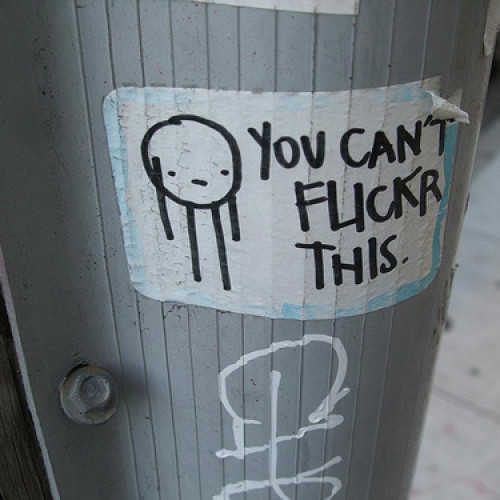In today’s digital age, information moves faster than ever—but so does misinformation. What began as isolated fringe narratives has grown into a full-scale movement driven by fake news and pseudo-influencers who twist facts, reject truth, and prey on fear. At the center of this misinformation epidemic is a political machinery that thrives on denial, particularly within the modern Republican Party.
The Anatomy of Fake News
Fake news isn’t just bad journalism—it’s weaponized fiction. Designed to mislead, manipulate, and divide, fake news stories often masquerade as legitimate reports. These stories spread virally through social media, are amplified by bad-faith influencers, and are fueled by algorithms that reward sensationalism over accuracy. The damage is staggering: trust in traditional media has plummeted, and many Americans live in alternative reality bubbles crafted by partisan echo chambers.
Whether it's denying climate change, rewriting the history of January 6th, or pushing false election fraud claims, fake news has become more than noise—it’s a tactic for power.
The Role of False Influencers
A new breed of influencer has emerged—not based on credibility, expertise, or integrity, but on performance and outrage. These individuals build large followings by rejecting established facts, ridiculing science, and promoting conspiracy theories under the guise of "free speech." Their platforms are often lucrative, monetized through political donations, merchandise, and attention-based revenue.
Unlike traditional journalists or thought leaders, these influencers are accountable to no one. They wear misinformation as a badge of honor, spinning lies into viral content that resonates with communities hungry for confirmation bias.
Republican Party and the Politics of Denial
While fake news is not exclusive to any one political party, the Republican Party has become increasingly comfortable with outright denialism as a political strategy. From undermining public health measures during the pandemic to dismissing credible investigations and science, the GOP's shift toward post-truth politics has emboldened extremists and fractured democratic norms.
Denial has become a currency—one traded for loyalty, votes, and control. Politicians who once valued integrity are now forced to either toe the line of conspiracy or face exile from their base. This has led to a culture of fear and silence, where truth is not just inconvenient—it’s dangerous to admit.
Why This Matters
The consequences are real: public trust erodes, institutions weaken, and people die—from preventable diseases, violence stoked by false rhetoric, and broken systems corrupted by fiction. Truth is not a partisan issue—it’s a foundational element of democracy.
The rise of fake news and fake influencers signals a crisis of conscience. If we allow facts to be optional and truth to be relative, then we allow lies to shape our policies, our politics, and our future.
What Can Be Done
-
Support Independent Journalism: Invest in outlets that prioritize accuracy and transparency.
-
Demand Accountability: Call out falsehoods and hold influencers and politicians responsible for spreading them.
-
Educate the Public: Digital literacy should be as essential as reading and math in the modern age.
-
Speak Truth: Refusing to be silent in the face of misinformation is a form of resistance.
Conclusion:
This isn’t just about political rivalry—it’s about defending objective reality. Truth doesn’t need to yell, but it does need champions. If we abandon it, we’re not just losing a debate—we're losing the ground we stand on.

Comments